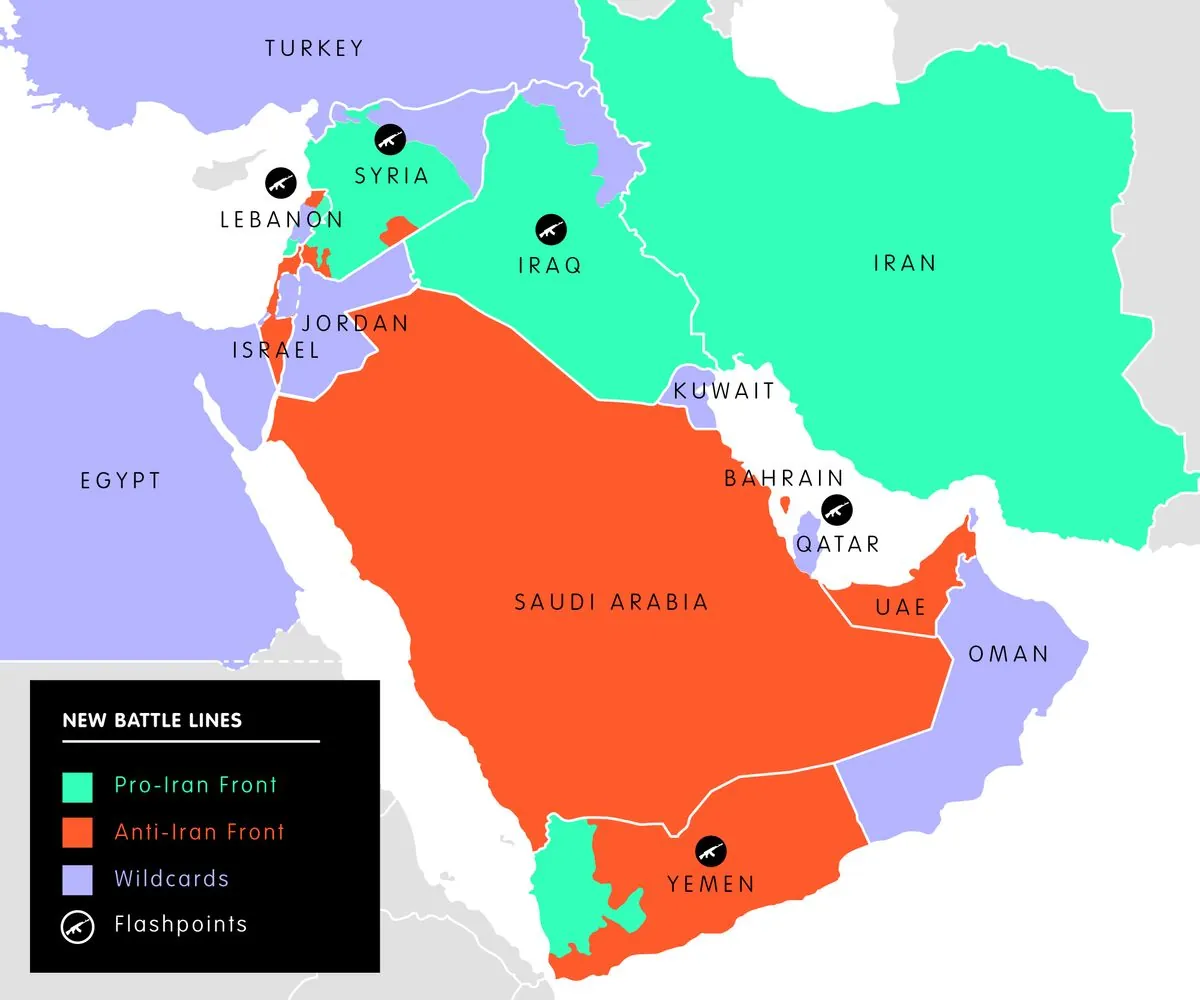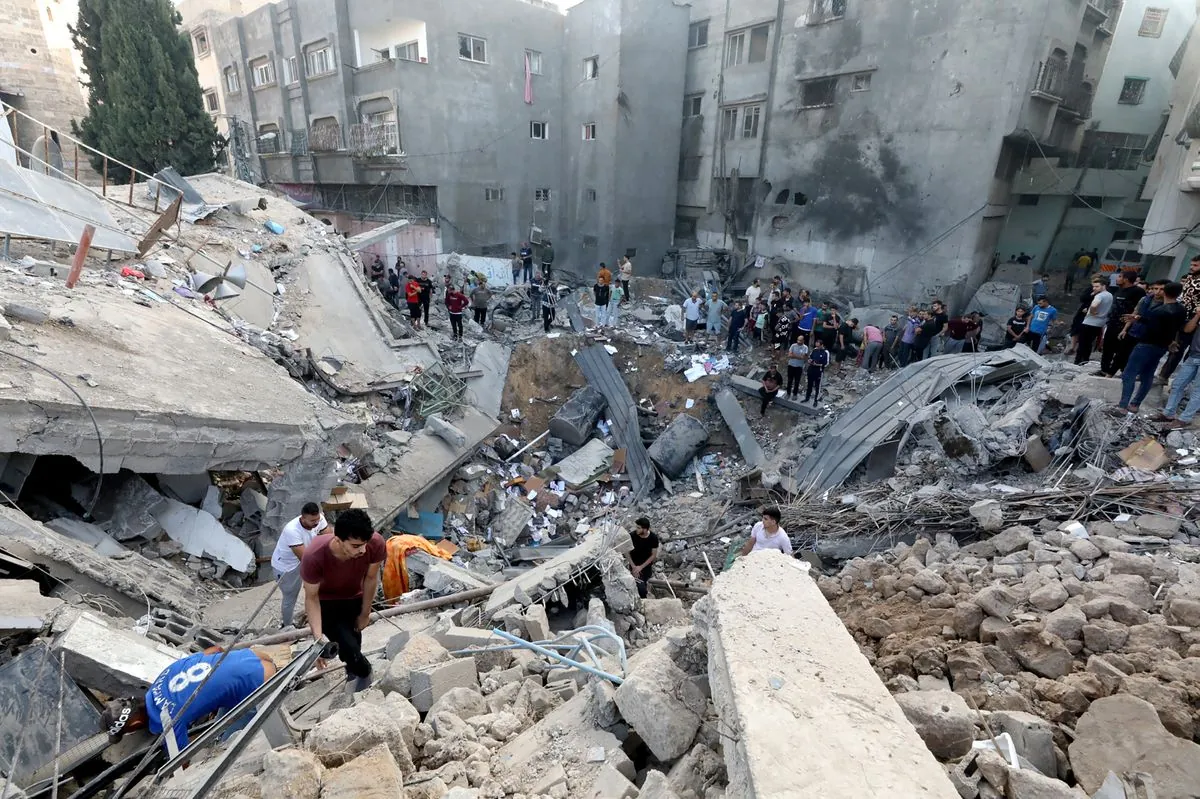Global Tensions Rise: Middle East Crisis and Military Shifts
Recent developments in Middle East conflicts and global military changes highlight escalating tensions. Key personnel shifts and strategic moves in Ukraine and the Pacific region underscore evolving geopolitical dynamics.

Recent events have significantly altered the geopolitical landscape, particularly in the Middle East. The region has witnessed a series of critical developments, including the death of Hassan Nasrallah, the leader of Hezbollah, in an Israeli airstrike in Lebanon. This incident occurred amidst Israel's limited incursion into southern Lebanon and Iran's launch of approximately 200 missiles towards Israel.
The ongoing conflict between Israel and Hamas in Gaza has entered its second year, with the death toll surpassing 40,000. This prolonged engagement has drawn international attention and criticism, particularly regarding the United States' role in the conflict. Experts Aaron David Miller and Lauren Morganbesser argue that while the U.S. has leverage over Israel, its influence on regional dynamics may be limited.

The United Nations Security Council Resolution 1701, which aimed to end the 2006 war between Hezbollah and Israel, has come under scrutiny. The resolution's failure to remove Hezbollah from southern Lebanon has contributed to the current tensions. Israel's recent campaign against Hezbollah reflects lessons learned from the 2006 conflict, demonstrating improved military and intelligence capabilities.
In eastern Ukraine, Russian forces have captured the strategic town of Vuhledar, forcing Ukrainian troops to withdraw. This development could have significant implications for the ongoing conflict in the region.
On the diplomatic front, Mark Rutte, former Dutch Prime Minister, has assumed the role of NATO Secretary-General, succeeding Jens Stoltenberg. This transition comes at a crucial time for the alliance, which was established in 1949 and has since played a pivotal role in global security.
In other news, Ukraine's President Volodymyr Zelensky announced the country's capacity to produce up to 4 million drones annually, highlighting the increasing importance of unmanned aerial vehicles in modern warfare.
Australia and New Zealand have exchanged deputy commanders of their joint forces headquarters, underscoring the close security ties between these Pacific nations. This move reflects their shared commitment to regional stability and cooperation.
As these events unfold, the international community continues to grapple with complex geopolitical challenges. The ongoing conflicts in the Middle East and Ukraine, coupled with shifting alliances and technological advancements, underscore the need for diplomatic solutions and strategic foresight in an increasingly volatile global landscape.
"The Biden administration has achieved significant diplomatic successes."


































